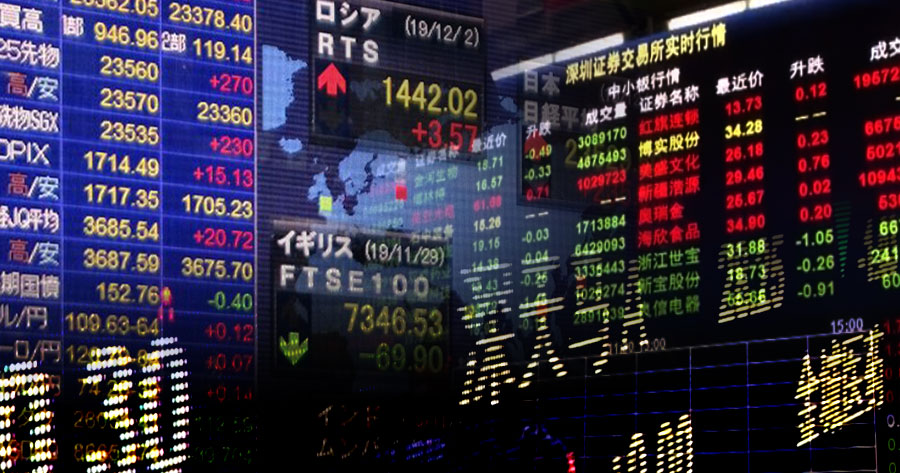Stocks in Asia fell to a negative start for September and a dollar spiked, as a hawkish tone from central banks echoed around worldwide markets.
As of 9.31 a.m. Thai time, the S&P/ASX 200 in Australia declined 1.96%.
Japan’s Nikkei 225 slipped 1.54%, and the Kospi in South Korea shed 1.53%.
The Hang Seng index in Hong Kong was down 0.88%, with only the Shanghai Composite index on mainland China’s bourses showing any resistance, rising 0.25% after trading down at the market start.
An Asian stock index fell to a six-week low, pulled down by the tech sector, following a 6.6% after-hours decline in chip designer Nvidia Corp. after US regulators told the company to stop shipping two major processing chips for artificial-intelligence development to China.
On currency exchange markets, the US dollar rose to a 24-year high of 139.5 Japanese yen and 0.5% versus the Australian dollar.
China’s factory activity contracted in August as the Caixin/Markit manufacturing Purchasing Managers’ Index came in at 49.5, compared to 50.4 in July, a private survey showed Thursday.
A PMI reading under 50 represents a contraction, and a reading above 50 represents an expansion.





